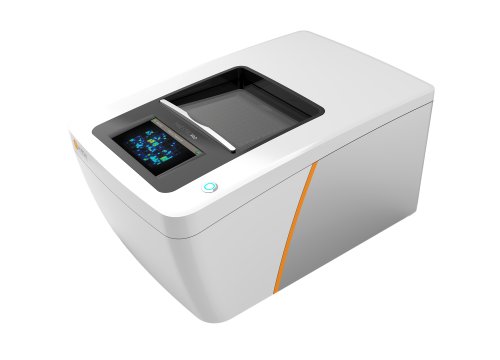Authors: Iris Wu, Aliya Zeng, Amara Greer-Short, J. Alex Aycinena, Anley E. Tefera, Reva Shenwai, Farshad Farshidfar, Melissa Van Pell, Emma Xu, Chris Reid, Neshel Rodriguez, Beatriz Lim, Tae Won Chung, Joseph Woods, Aquilla Scott, Samantha Jones, Cristina Dee-Hoskins, Carolina G. Gutierrez, Jessie Madariaga, Kevin Robinson, Yolanda Hatter, Renee Butler, Stephanie Steltzer, Jaclyn Ho, James R. Priest, Xiaomei Song, Frank Jing, Kristina Green, Kathryn N. Ivey, Timothy Hoey, Jin Yang and Zhihong Jane Yang
Communications Medicine, 18 March 2024
Exploring the potential of a novel gene therapy for a familial cardiac condition, researchers use Axion Maestro MEA system to characterize PKP2-deficient iPSC-CMs in vitro.
Arrhythmogenic right ventricular cardiomyopathy (ARVC), an incurable familial condition often caused by mutations in the plakophilin-2 (PKP2) gene, is associated with abnormal heartbeat and a heightened risk of sudden cardiac death. PKP2 protein is known to play a key role in the structure and function of the heart. In this study, researchers use PKP2-deficient human induced pluripotent stem cell-derived cardiomyocytes (iPSC-CMs) and a cardiac-specific knockout, Pkp2-cKO, mouse model to assess AAV9-mediated restoration of PKP2 expression as a potential therapeutic approach for ARVC. To characterize siRNA-silenced iPSC-CMs in vitro and establish PKP2 deficiency as a model of ARVC, the team used Axion’s noninvasive Maestro multielectrode array (MEA) system. Overall, the authors identify the “fundamental mechanism” underlying ARVC and, importantly, demonstrate that “a single dose of AAV9:PKP2 gene delivery prevents disease development before the onset of cardiomyopathy and attenuates disease progression after overt cardiomyopathy.” These findings may represent a promising gene therapy treatment approach for people living with PKP2 mutations.


